10 female scientists who won Nobel Prizes in the past 30 years
(Baonghean.vn) - The Nobel Prize is a prestigious award honoring contributions to the progress of humanity. It can be said that the Nobel Prize is the dream of any scientist. Although the number is not large, there are still women who have been recognized for their contributions in the field of science as well as human health care.
1. Rita Levi-Montalcini - Nobel Prize in Medicine 1986
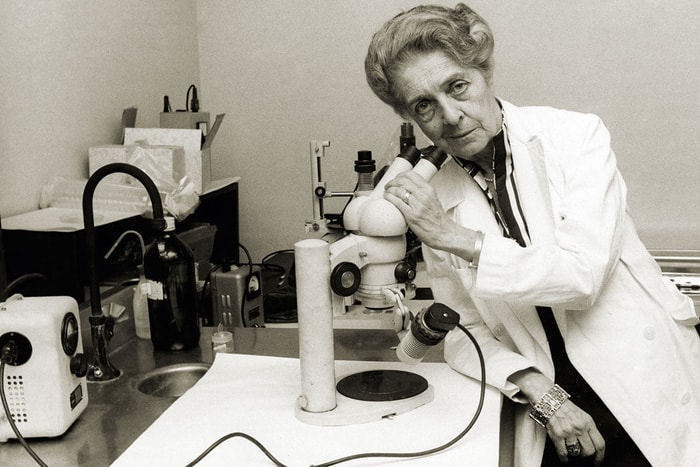 |
Rita Levi-Montalcini (born 1909) - an Italian neurologist, along with colleague Stanley Cohen won the Nobel Prize in Medicine in 1986.
In September 1946, Levi-Montalcini went to work at the University of Washington. Here, she conducted her most important research: from observations of some cancerous tissues - the type of tissue that causes extremely rapid growth of nerve cells, she identified nerve growth factor (NGF) in 1952.
She is to date the oldest living Nobel laureate and the first laureate to live to the age of 100.
2. Gertrude Belle Elion -won the Nobel Prize in Medicine in 1988
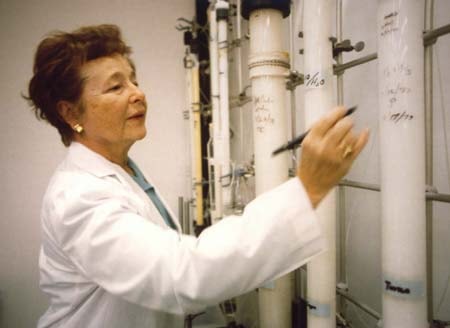 |
Gertrude Elion (born 1918)-was an American pharmacist and biochemist. She was instrumental in the development of Purinethol, the first drug to treat leukemia.
She pursued chemistry after watching her grandfather die of cancer. Since then, she has worked to find a cure for the disease, developing 45 different treatments that help the immune system fight cancer.
In 1988, Gertrude Belle Elion won the Nobel Prize in Medicine.
3. Christiane Nusslein-Volhard -won the Nobel Prize in Medicine in 1995
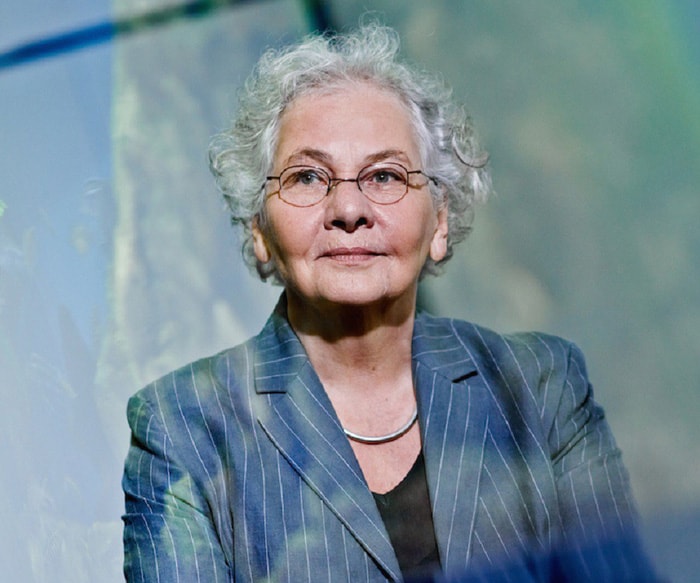 |
Mrs. Christiane Nüsslein-Volhard (born 1942)- is a German biologist who won the 1995 Nobel Prize in Physiology or Medicine with Eric Wieschaus and Edward Lewis for their work on the control of inheritance during embryogenesis.
In the laboratory, Christiane Nüsslein studies the molecular structures of fruit fly embryos, and continues to explore fish as models for studying specific features of the backbone.
4. Linda B. Buck -won the prizeNobel Prize in Physiology or Medicine 2004
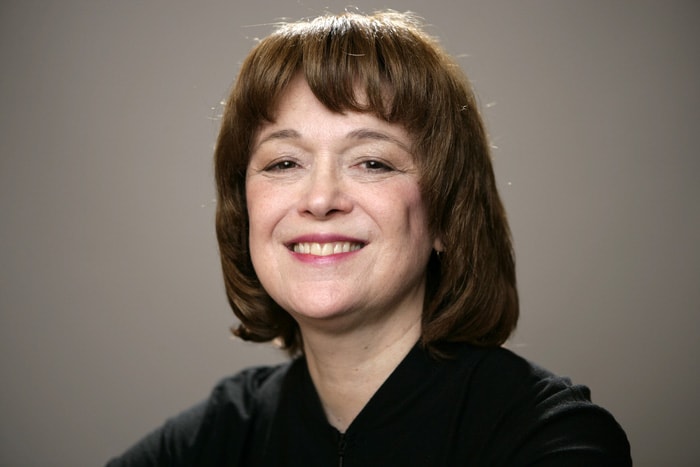 |
Linda B. Buck (born 1947) -is an American biologist, famous for her research on the olfactory system. In 2004, she won the Nobel Prize in Physiology or Medicine for her research on the olfactory receptor.
She is a full member of the Division of Basic Sciences at the Fred Hutchinson Cancer Research Center, a professor of physiology and biophysics at the University of Washington in Seattle, and a Howard Hughes Medical Institute investigator. She was inducted into the United States National Academy of Sciences in 2004.
5. Françoise Barré-Sinoussi -won the prizeNobel Prize in Physiology or Medicine 2008
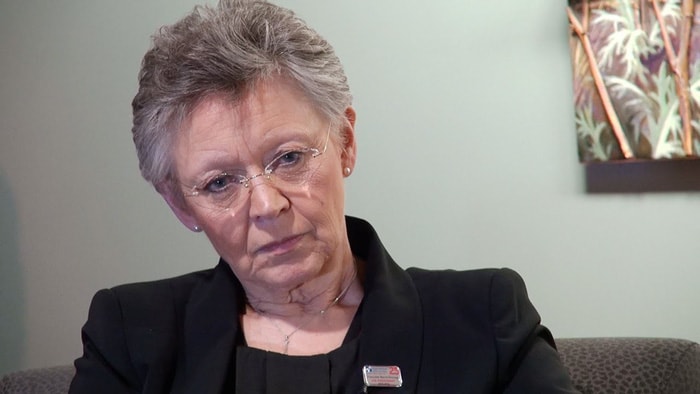 |
Françoise Barré-Sinoussi(born 1947) is a French virologist. Barré-Sinoussi is best known for his discovery of HIV in 1983.
Since 1988, she has been researching HIV vaccines at the Pasteur Institute in Paris. In 2008, along with two other scientists, Luc Montagnier and Harald zur Hausen, Luc Montagnier was awarded the Nobel Prize in Physiology or Medicine by the Swedish Academy of Sciences.for discovering the virus that causes the "disease of the century".
6. Elizabeth Blackburn -won the 2009 Nobel Prize in Medicine
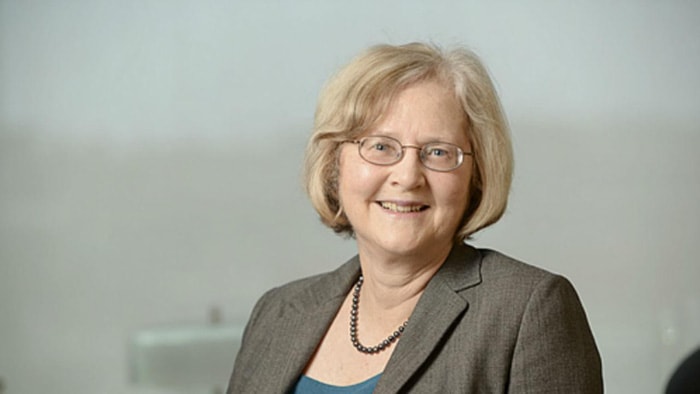 |
Mrs. Elizabeth Blackburn (born 1948)is an Australian-American biologist at the University of California (USA). She has studied telomeres, a structure at the end of chromosomes, to protect chromosomes.
She was also one of the first to discover telomerase, an enzyme that keeps chromosomes from aging. In other words, telomerase could prolong our youth and fight cancer.
For these studies, she won the Nobel Prize in Medicine in 2009.
7. Carol W. Greider - Nobel Prize in Physiology or Medicine 2009
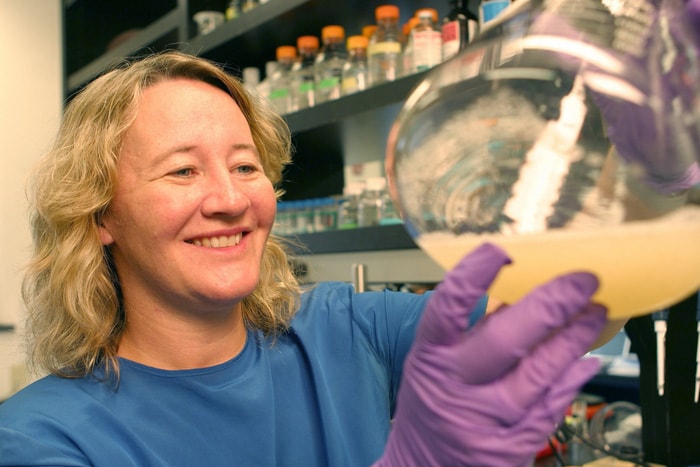 |
Carol Greider (born 1961)is a molecular biologist at Johns Hopkins University. She co-discovered the enzyme telomerase in 1984 while working under Elizabeth Blackburn at the University of California at Berkeley.
Greider's pioneering research was on the structure of telomeres, the ends of chromosomes.
She won the 2009 Nobel Prize in Physiology or Medicine with Elizabeth Blackburn and Jack W. Szostak of Boston University, Massachusetts, for their work discovering how telomeres are protected from progressive shortening by telomerase.
8. Ada E. Yonath - Nobel Prize in Chemistry 2009
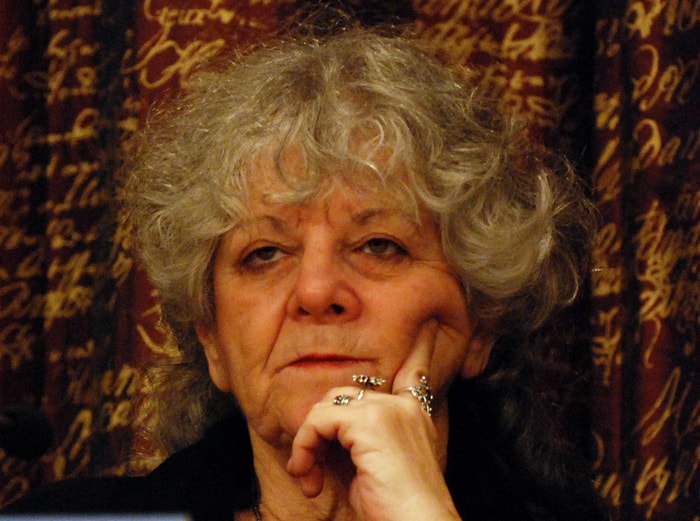 |
Ada E. Yonath (born 1939)She received her undergraduate and graduate degrees from the University of Jerusalem. She then completed her doctorate in X-ray crystallography at the Weizmann Institute of Science. In 2009, she was awarded the Nobel Prize in Chemistry along with two other scientists:Venkatraman RamakrishnanandThomas A. Steitz. Ada E for practical applications of ribosome structure and function.
Yonath is the first female scientist to win the Nobel Prize in Chemistry since 1964 and the fourth woman in history to win the Nobel Prize in Chemistry.
Yonath is the ninth Israeli to win a Nobel Prize and the fourth woman to win the Nobel Prize in Chemistry; the first since 1964, when Britain's Dorothy Crowfoot Hodgkin was awarded the prize.
9. May-Britt Moser - Nobel Prize in Physiology or Medicine 2014
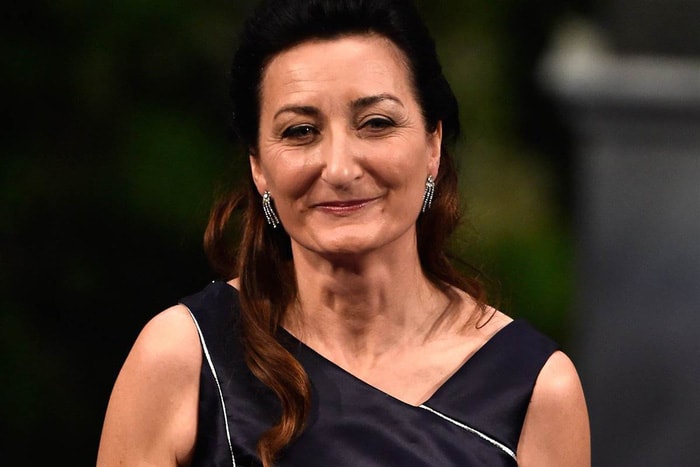 |
May-Britt Moser (born 1963) is a Norwegian psychologist, neuroscientist and founding director of the Kavli Institute for Systems Neuroscience and the Center for Neural Computation at the Norwegian University of Science and Technology in Trondheim, Norway.
Moser and her husband Edvard Moser pioneered research into the brain's mechanism of representing space.
Edvard and May-Britt Moser were appointed associate professors of psychology and neuroscience at NTNU in 1996, less than a year after successfully defending their doctoral theses.
In 2014, May-Britt Moser, along with John O'Keefe, and Edvard Moser won the Nobel Prize in Physiology or Medicine for their discoveries of cells that make up the positioning system in the brain.
10. Do UU (born 1930) - won the 2015 Nobel Prize in Medicine
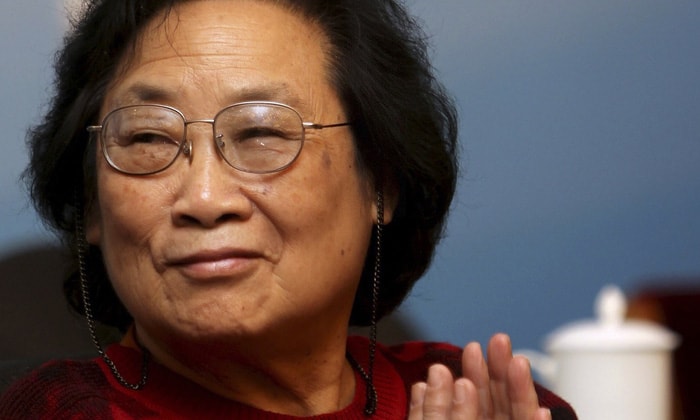 |
Ms. Tu UU (born 1930) - is a Chinese medical and pharmaceutical researcher. She is best known for her work on extracting artemisinin from the Artemisia vulgaris plant to treat malaria.
This is a groundbreaking achievement that will improve the health of millions of people in developing countries in South Asia, Africa and South America.
For his contributions, Do UU was awarded the 2015 Nobel Prize in Medicine along with Satoshi Omura and William Campbell.
